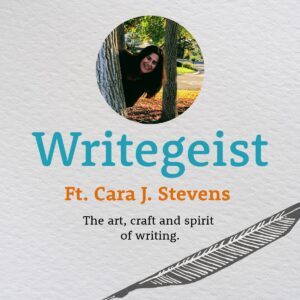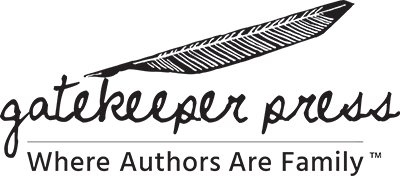
If you’re feeling stuck in your writing routine, you’re not alone. It’s a common predicament for writers across all genres at any point in their writing career. The good news is that it’s not hard to overcome. Simply shifting your thinking into uncommon territory and experimenting with unconventional writing techniques can revitalize your writing and give your projects a fresh, exciting edge.
Over the past decade or so that I’ve been working with writers like you, I’ve collected many strategies to help jumpstart writers back into creative mode. The methods I’m sharing with you here are some of the more conventional unconventional techniques that I use in my coaching and teaching practice. They draw on cognitive science and the success stories of literary icons to help you see your projects in a new light and inject fresh vibrancy into your work.
Embracing Constraints for Creativity
The idea of embracing constraints might seem counterintuitive at first. However, placing limits on your writing—such as avoiding a specific letter or keeping sentences under a certain word count—can unlock innovative ways of expressing ideas. This approach encourages you to explore language and narrative structure in new ways, pushing the boundaries of your creative potential. Try writing a 6-word story like Hemingway’s “Baby shoes. For sale. Never worn.”
Reverse Writing
Start from the end of your story and work backward to transform your approach to your plot development. This reverse writing method ensures that every piece of your narrative is meticulously planned and contributes effectively towards a compelling climax. It’s a strategic way to enhance narrative cohesion and bring sharp focus to the overall structure of your work.
Change it Up
Refreshing your writing practice might be as simple as changing your routine. Experimenting with new narrative structures or writing tools can breathe new life into your work. These changes challenge you to engage with your craft from a different angle, revitalizing your interest and deepening your skills in the process.
Learn from Literary Mavericks
Historical figures like T.S. Eliot and Jack Kerouac transformed their artistic landscapes by daring to defy traditional writing norms. Their innovative approaches remind us that creative boundaries are meant to be tested and expanded. Drawing inspiration from their courage can encourage you to explore and experiment with your own writing.
Explore New Perspectives
To unlock fresh creative insights, try shifting your perspective. Challenge yourself to view your project as if through someone else’s eyes—perhaps a character from your story, your ideal target reader, or even a critic. This shift can open up new directions for your work at any stage in your writing process.
Key Strategies for Renewing Your Creative Approach
- Implement Creative Constraints: Use limitations to foster creativity and refine your narrative skills.
- Reverse Your Writing Process: Enhance the structure and impact of your story by plotting from the end to the beginning.
- Read More: Refill your creative well by reading fiction outside the genre you write in.
- Collaborate and Connect: Expand your creative perspective through partnerships or conversations with other writers.
- Explore New Tools: Revitalize your writing routine by adopting different tools, writing routines, and narrative structures.
- Change Your Perspective: Approach your writing as if you’re a kind reviewer, target reader or your most insightful friend who wants you to succeed. What would they suggest you add or explore next?
Closing Thoughts
Exploring unconventional writing techniques is a dynamic way to enhance your skills and reinvigorate your passion for writing. By stepping out of conventional patterns and embracing innovative approaches, you not only improve your current projects but also prepare yourself for greater creative challenges.
For more insights, you can listen to my writing advice podcast at The Picture Perfect Podcast, sponsored by Gatekeeper Press, or request a free one-on-one consultation to discuss your book coaching needs! Until next time, happy writing!
